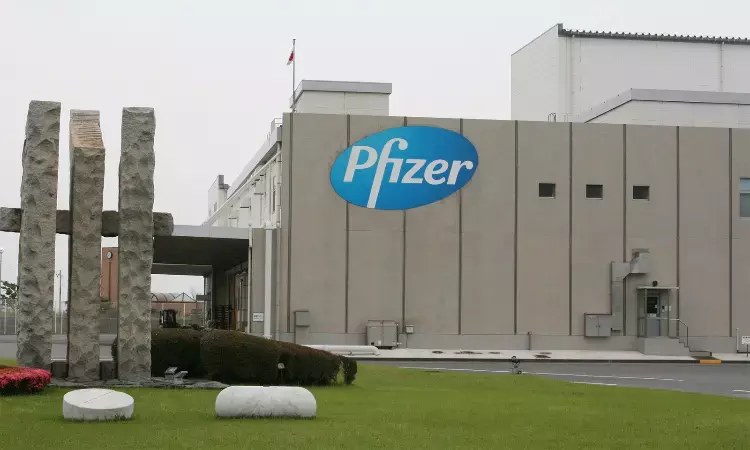- Home
- Medical news & Guidelines
- Anesthesiology
- Cardiology and CTVS
- Critical Care
- Dentistry
- Dermatology
- Diabetes and Endocrinology
- ENT
- Gastroenterology
- Medicine
- Nephrology
- Neurology
- Obstretics-Gynaecology
- Oncology
- Ophthalmology
- Orthopaedics
- Pediatrics-Neonatology
- Psychiatry
- Pulmonology
- Radiology
- Surgery
- Urology
- Laboratory Medicine
- Diet
- Nursing
- Paramedical
- Physiotherapy
- Health news
- Fact Check
- Bone Health Fact Check
- Brain Health Fact Check
- Cancer Related Fact Check
- Child Care Fact Check
- Dental and oral health fact check
- Diabetes and metabolic health fact check
- Diet and Nutrition Fact Check
- Eye and ENT Care Fact Check
- Fitness fact check
- Gut health fact check
- Heart health fact check
- Kidney health fact check
- Medical education fact check
- Men's health fact check
- Respiratory fact check
- Skin and hair care fact check
- Vaccine and Immunization fact check
- Women's health fact check
- AYUSH
- State News
- Andaman and Nicobar Islands
- Andhra Pradesh
- Arunachal Pradesh
- Assam
- Bihar
- Chandigarh
- Chattisgarh
- Dadra and Nagar Haveli
- Daman and Diu
- Delhi
- Goa
- Gujarat
- Haryana
- Himachal Pradesh
- Jammu & Kashmir
- Jharkhand
- Karnataka
- Kerala
- Ladakh
- Lakshadweep
- Madhya Pradesh
- Maharashtra
- Manipur
- Meghalaya
- Mizoram
- Nagaland
- Odisha
- Puducherry
- Punjab
- Rajasthan
- Sikkim
- Tamil Nadu
- Telangana
- Tripura
- Uttar Pradesh
- Uttrakhand
- West Bengal
- Medical Education
- Industry
Pfizer-BioNTech COVID-19 vaccine effective from day 11 post 1st dose, says study

Sydney: A team of researchers suggests that one dose of the Pfizer-BioNTech vaccine could be sufficient in providing a robust immune response 11 days after inoculation against severe acute respiratory syndrome (SARS-CoV-2).
According to the researchers, including Heidi E. Drummer from Monash University in Australia, the second 'booster' dose of the vaccine may not increase vaccine efficacy against SARS-CoV-2.
The findings, published as a preprint on the medRxiv* server, could help shape policy as vaccine rollout has been slow in countries such as the US and Canada. This could also increase with vaccine distribution efforts in developing countries where supplies have been scarce.
For the study, the team re-examined Pfizer-BioNTech phase III trial data from day 1 to 111 in the placebo and experimental groups.
They also looked at data from Moderna's vaccine trial. However, since the number of Covid-19 cases in the Moderna trial was low in the first few weeks, they did not have sufficient data to assess it. Instead, Moderna's trial data was used for comparison purposes with Pfizer's trial data.
They studied the efficacy of vaccination from day 11 to day 28 and compared the efficacy of the second vaccine dose delivered on day 28 up to day 111.
Read also: Pfizer COVID-19 vaccine single dose reduces transmission, finds UK Study
The findings indicated that the first vaccine dose helped develop detectable neutralizing antibodies before the second dose, according to news-medical.net.
While Moderna's sample size was limited, compared with the Pfizer-BioNTech's mRNA vaccine, there continued to be no significant difference in vaccine efficacy between days 11 to 35 and 7 days after the second vaccine was administered, the study indicated.
Medical Dialogues Bureau consists of a team of passionate medical/scientific writers, led by doctors and healthcare researchers. Our team efforts to bring you updated and timely news about the important happenings of the medical and healthcare sector. Our editorial team can be reached at editorial@medicaldialogues.in.


